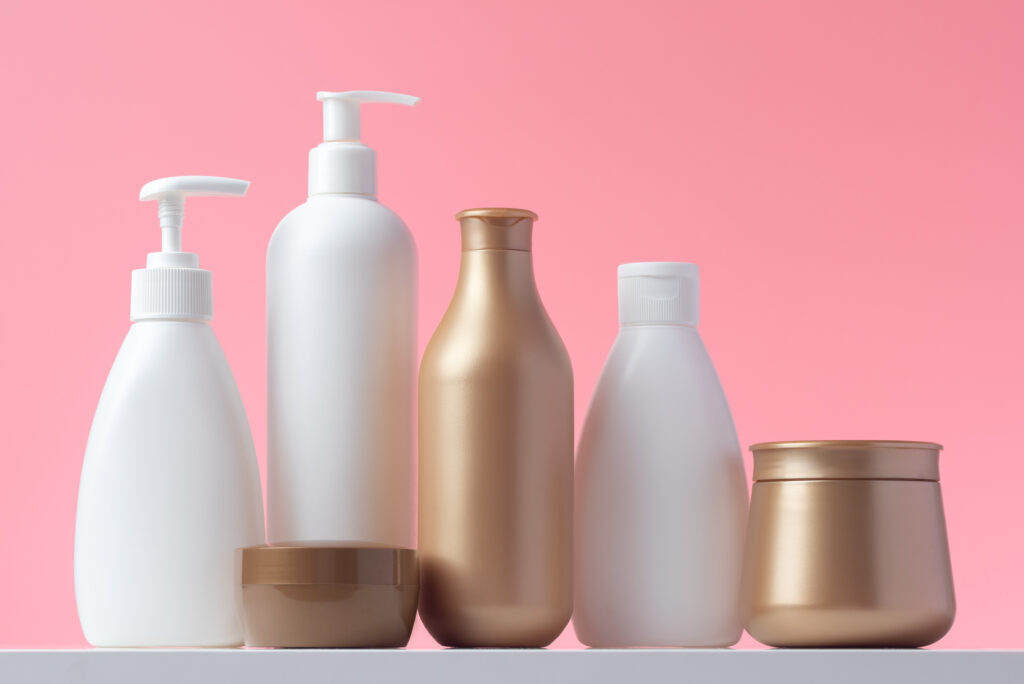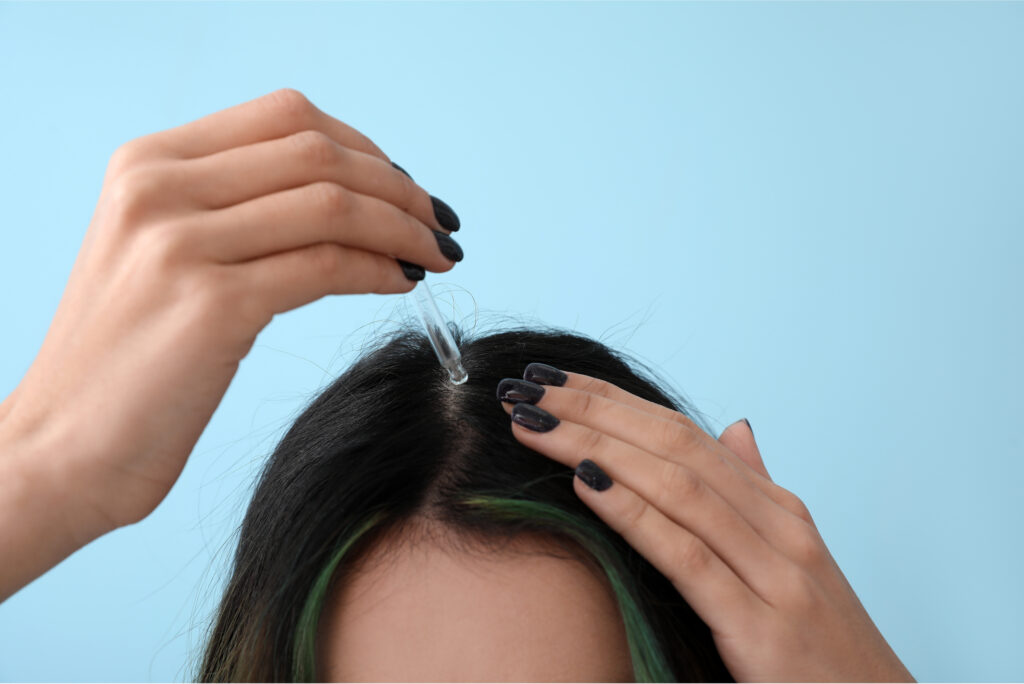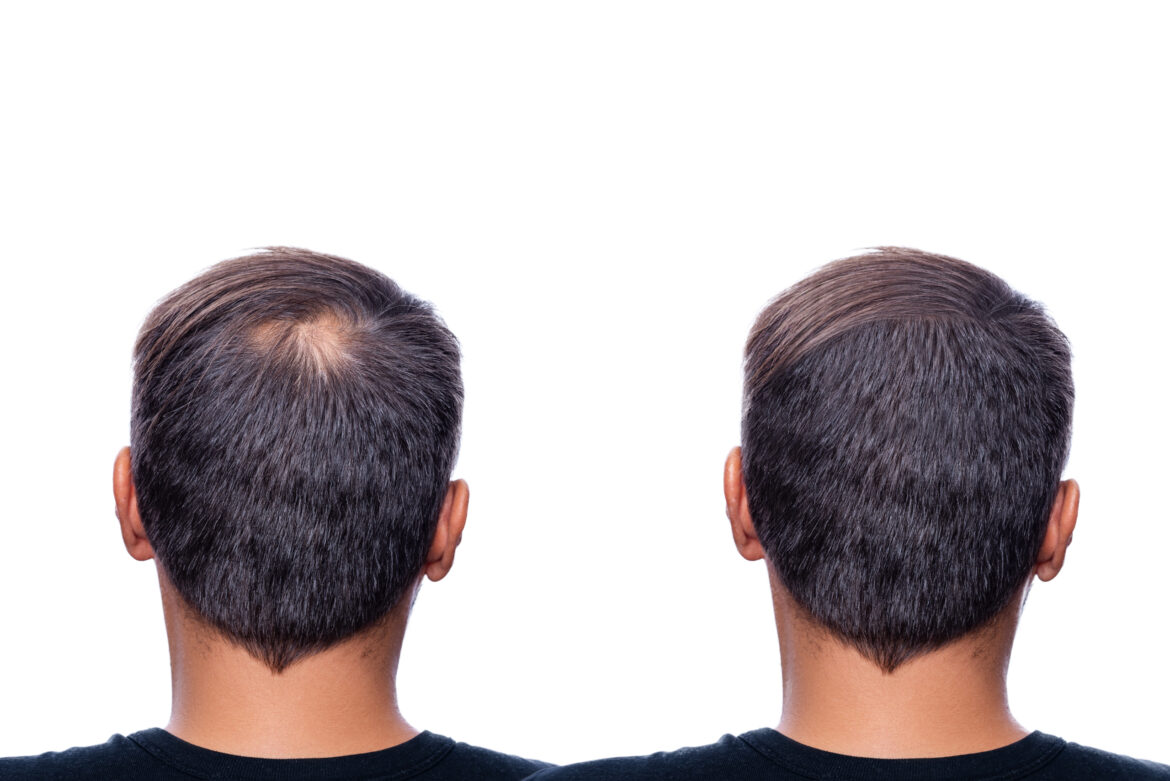Hair fall is a concern that affects millions of people across the globe. Be it due to stress, poor nutrition, hormonal imbalances, or environmental factors, hair loss can be both frustrating and emotionally taxing. On the bright side, with the right approach, you can significantly reduce hair fall and foster hair growth. In this comprehensive guide, we will explore practical tips, remedies, and lifestyle changes that can help you prevent hair loss and boost hair growth, naturally and effectively.
Feed Your Hair Important Nutrition
Healthy hair starts from within the body. Your diet plays a crucial role in maintaining the health of your hair follicles and promoting growth. If your body lacks the necessary nutrients, your hair can become weak, brittle, and prone to falling out.
Here’s a breakdown of vital nutrients for healthy hair growth:
- Protein: Hair strands are made of keratin, a fibrous protein. A diet rich in protein helps in building and strengthening hair. Include lean meats like chicken and turkey, fish, eggs, and other dairy products in your daily meals.
- Iron: Iron deficiency is a well-known cause of hair loss, especially in women. Iron promotes circulation and ensures that oxygen and nutrients are delivered to the scalp and hair follicles. Load up on iron-rich foods like spinach, lentils, fortified cereals, and red meat.
- Omega-3 Fatty Acids: Omega-3s nourish hair follicles and improve hair elasticity. Foods rich in omega-3 include fatty fish such as salmon, walnuts, flaxseeds, and chia seeds. Ensure to incorporate it in your diet for healthier hair.
- Biotin and Zinc: Both biotin (Vitamin B7) and zinc play a significant role in hair tissue growth and repair. Nuts, seeds, eggs, and whole grains are great sources of these nutrients.
- Vitamins A, C, and E: These vitamins act as antioxidants that protect hair from damage caused by free radicals. Citrus fruits, berries, spinach, and sweet potatoes are great options to boost your intake.
Choose Hair Products Wisely

The products you use on your hair can make a huge difference in the health of your scalp and strands. Many shampoos and conditioners on the market are loaded with harsh chemicals that can strip the hair of its natural oils and cause dryness, breakage, and hair fall.
To prevent hair fall, look for:
- Sulfate-free shampoos: Sulfates are harsh detergents that can strip away the natural oils that keep your scalp healthy and hydrated.
- Natural oils and herbal ingredients: Hair products containing coconut oil, argan oil, and aloe vera help moisturize and strengthen your hair.
- Paraben-free formulas: Parabens are preservatives that can irritate the scalp and lead to weakened hair follicles.
Consider investing in hair care products tailored to your specific hair type and concerns. For example, if you have thin hair, look for volumizing shampoos, while for dry hair, hydrating shampoos and conditioners work best.
The Importance of Scalp Care

A healthy scalp is the foundation for healthy hair. It’s essential to maintain a clean, well-nourished scalp to avoid hair loss and encourage new growth. Simple habits, such as regular scalp massages and using hair oils, can make a big difference.
- Scalp Massages: Gently massage your scalp for a few minutes each day to improve blood circulation and increase the supply of nutrients to the hair follicles. Use natural oils like coconut oil, almond oil, or castor oil for additional nourishment. Essential oils like rosemary and peppermint can stimulate hair growth when added to a carrier oil.
- Exfoliate Your Scalp: Regular exfoliation helps remove dead skin cells, product build-up, and excess oil that can clog hair follicles. Use a gentle scalp scrub or make your own using sugar and olive oil. Do this once a week for a clean scalp that promotes healthy hair growth.
Heat and Chemical Treatments: Handle With Care
Heat styling tools and chemical treatments can weaken hair and contribute to hair loss over time. While it’s tempting to straighten, curl, or color your hair regularly, overuse of heat and chemicals can cause irreparable damage.
Here’s how to minimize damage:
- Limit Heat Styling: If you must use heat-styling tools like straighteners or curling irons, use them sparingly. Always apply a heat protectant spray beforehand to shield your hair from high temperatures.
- Go for Air-Drying: Whenever possible, let your hair air dry instead of using a blow dryer. This reduces exposure to heat and allows your hair to maintain its natural texture and moisture.
- Space Out Chemical Treatments: Treatments like coloring, bleaching, perming, and relaxing can weaken hair over time. If you frequently color or chemically treat your hair, try to space out treatments and use nourishing hair masks in between to restore moisture.
Reduce Stress for Healthy Hair
Stress doesn’t just affect your mental and emotional health—it also takes a toll on your hair. High levels of stress can lead to a condition called telogen effluvium, where a large number of hair follicles enter a resting phase, causing hair to fall out.
Here are some ways to reduce stress and protect your hair:
- Practice Mindfulness and Meditation: Daily meditation or mindfulness practices can reduce stress levels, which in turn can help reduce stress-related hair loss.
- Exercise Regularly: Physical activity boosts circulation and releases endorphins, which help to manage stress. Yoga, swimming, jogging, or even a brisk walk can do wonders for both your stress levels and your hair health.
- Get Adequate Sleep: Aim for 7-9 hours of sleep each night to allow your body and hair follicles to repair and regenerate.
Protect Your Hair From Environmental Damage
Environmental factors such as pollution, harsh sunlight and exposure to dust can damage your hair and scalp. Protecting your hair from these elements is crucial for maintaining its strength and shine.
- Wear Hats or Scarves: Cover your hair when going outside on particularly sunny or windy days. This reduces the risk of environmental damage.
- Rinse After Swimming: Chlorine in swimming pools and saltwater in oceans can weaken hair and cause it to dry out. Always rinse your hair with fresh water after swimming and use a leave-in conditioner to lock in moisture.
Maintain Healthy Hair Habits
Maintaining simple, healthy hair care habits can make a huge difference in preventing hair fall and promoting growth:
- Trim Your Hair Regularly: Regular trims prevent split ends from travelling up the hair shaft, which can lead to breakage and thinning. Aim to get a trim every 6-8 weeks.
- Avoid Tight Hairstyles: Constantly wearing tight ponytails, buns, or braids can lead to a condition called traction alopecia, where hair follicles are damaged due to pulling. Opt for looser hairstyles and use gentle hair ties.
- Use Satin Pillowcases: Swap out cotton pillowcases for satin or silk, which causes less friction and reduces hair breakage.
Preventing hair fall and promoting hair growth is a gradual process that requires consistency and care. By focusing on a nutrient-rich diet, gentle hair care products, scalp health, and stress management, you can significantly reduce hair loss and enjoy stronger, healthier hair. Remember that everyone’s hair journey is different, so give your hair time to respond to these positive changes.
Stick to these habits and you will surely notice a marked improvement in the quality and volume of your hair.

